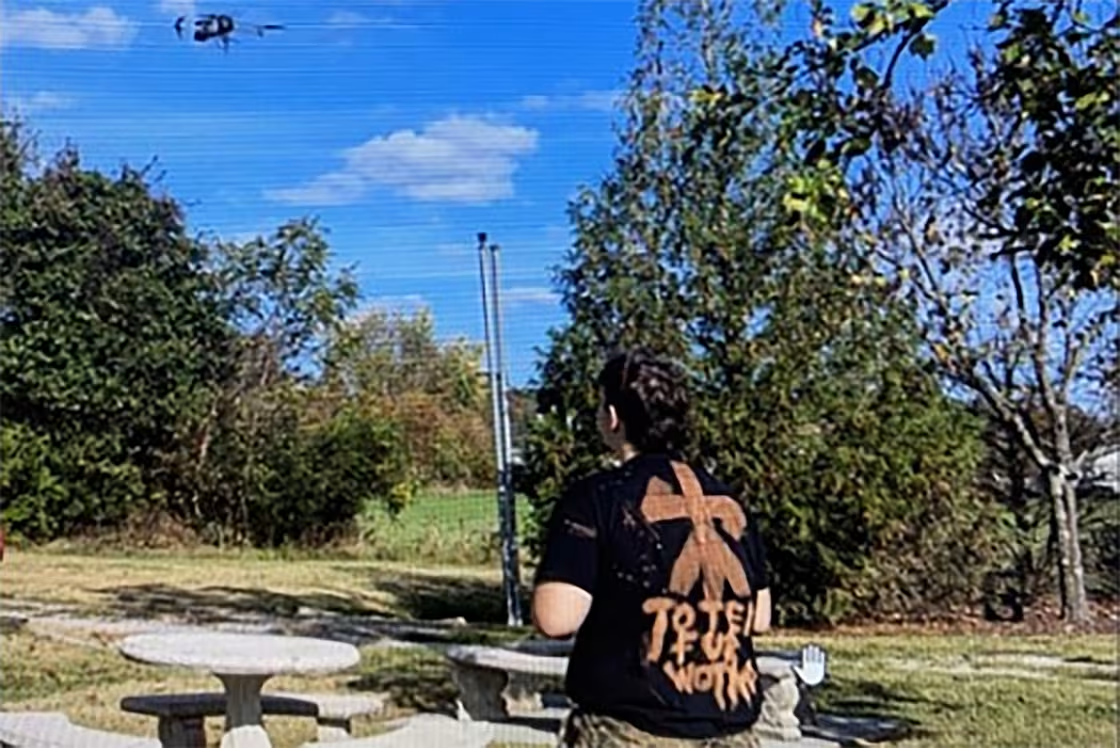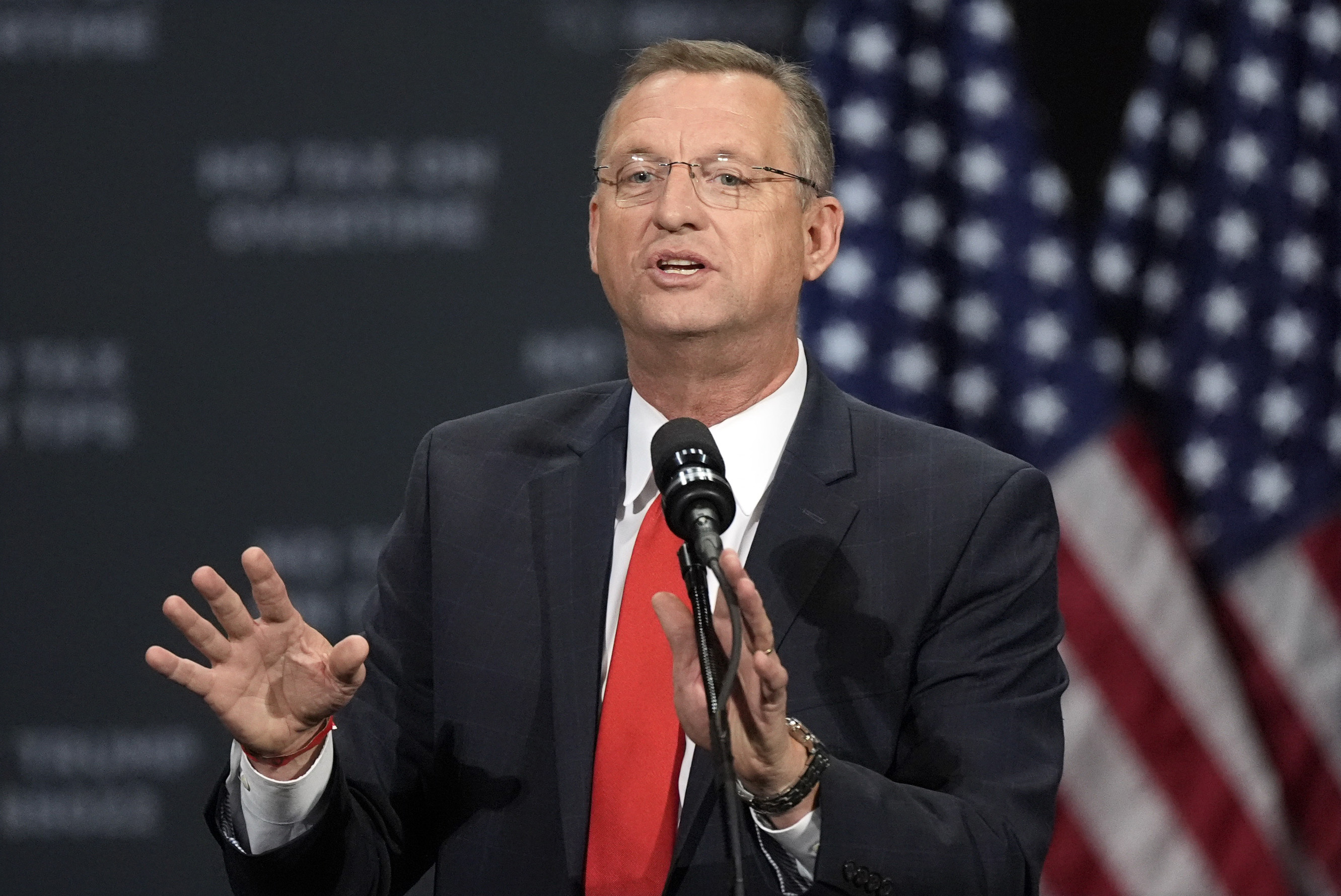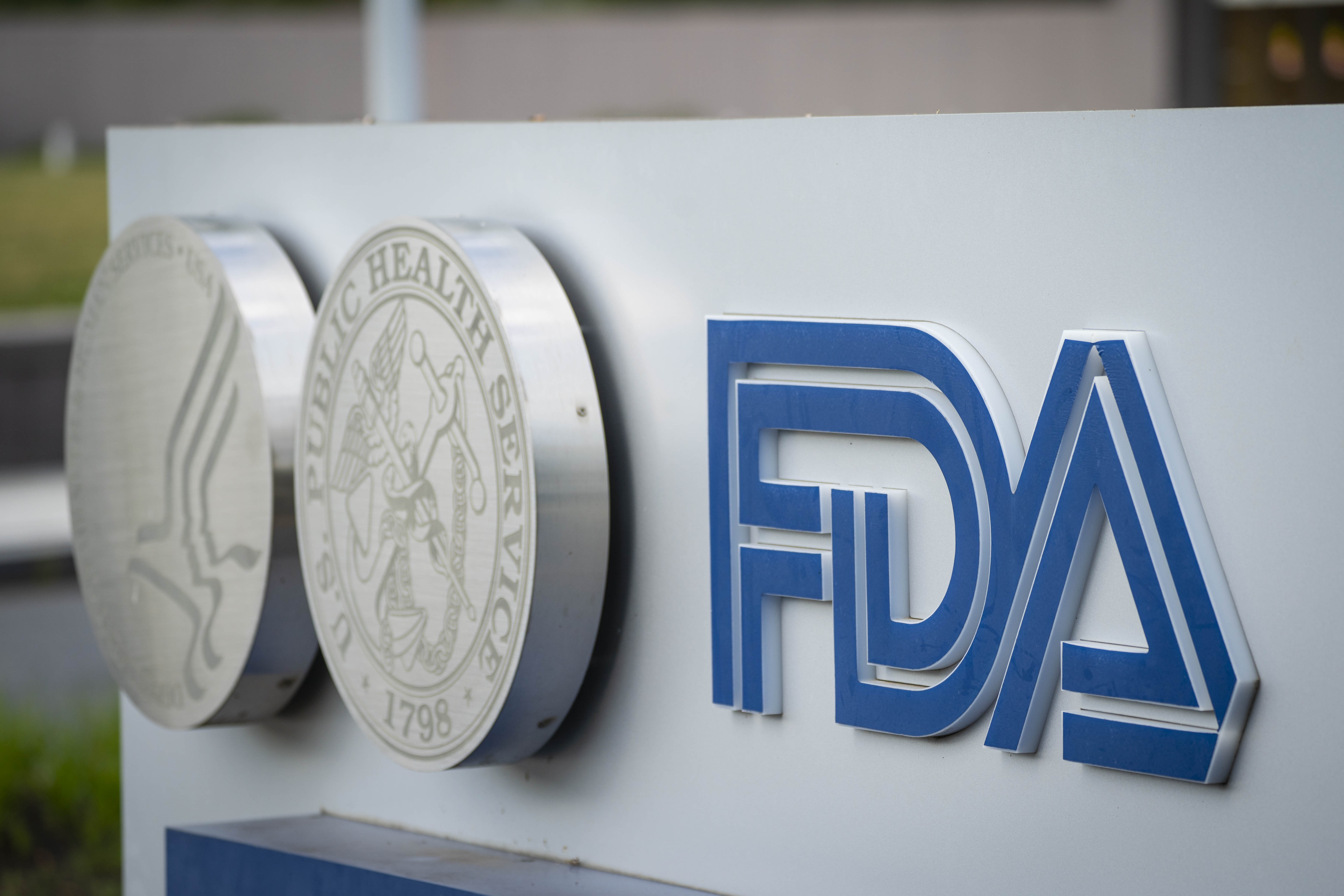
A white supremacist is accused of trying to destroy an electricity substation in Tennessee in an attempt to bring down the regional power network and disrupt American society, authorities said Monday.
Skyler Philippi, 24, of Columbia, Tennessee, was arrested after an FBI investigation found that he planned to attach a bomb to a drone and fly it into the energy facility in Nashville as part of his extremist agenda, authorities said.
Philippi is charged with the attempted use of a weapon of mass destruction and the attempted destruction of an energy facility. He appeared in court Monday and is due to appear again on Nov. 13. He remains in custody and faces possible life in prison.
In messages to FBI sources, Philippi espoused accelerationist views, a theory popular among far-right extremists that is predicated on large shocks causing chaos and forcing society to change its racial make-up, resulting in a white-only state, authorities said.
Get top local stories in Philly delivered to you every morning. Sign up for NBC Philadelphia's News Headlines newsletter.
The theory was popularized by manifestos left by perpetrators in a number of high-profile neo-Nazi and white supremacist terrorist incidents, including the killing of 51 people at two mosques in Christchurch, New Zealand, in 2019.
The suspect allegedly told a confidential FBI source in June that he wanted to carry out a mass shooting at a YMCA facility in Columbia, south of Nashville, but later in the year decided that this wouldn’t be enough to achieve.
"If you want to do the most damage as an accelerationist, attack high economic, high tax, political zones in every major metropolis," Philippi wrote, according to court documents released Monday.
In September, Philippi showed an undercover agent portions of his manifesto, which said that "radical armed struggle is the only end to protecting and preserving our folk."

"As alleged in today’s charges, Skyler Philippi, a man dedicated to white supremacist ideology and the destruction of our critical infrastructure, planned to attack Nashville’s power grid using a drone carrying an explosive device," Deputy Attorney General Lisa Monaco said in a statement.
U.S. & World
Stories that affect your life across the U.S. and around the world.
FBI Director Christopher Wray said the suspect was "driven by a racially motivated violent extremist ideology," and that his actions would have left thousands without power, including hospitals.
Philippi drove to an electricity substation, along with undercover FBI agents, to carry out reconnaissance, the bureau said. While driving, he ordered C-4 explosives from the undercover agents, and at a later date he bought black powder intended to be used in pipe bombs.
He spoke about the need to cover his tracks by using disguises, leather gloves and ill-fitting shoes, the FBI said.
Philippi was arrested on Nov. 2 by undercover agents acting as co-conspirators who had agreed to be lookouts. At the time of his arrest, the drone was powered up and the explosive device armed, the FBI said.
Earlier that day Philippi took part in a Nordic ritual that paid tribute to the Norse god, Odin, and told the undercover agents "this is where the New Age begins," and that it was time for "something big" that would be remembered in the "annals of history."
An affinity for pagan folklore is also common in far-right extremism, partly because of Adolf Hitler's interest in Norse mythology — the criminal complaint against Philippi says he wore a homemade shirt emblazoned with the message "Death for Odin."
A federal district court judge will determine any sentence after considering the U.S. Sentencing Guidelines and other statutory factors.
NBC News has contacted the public defender appointed to represent Philippi.
Michael Kosnar contributed to this story.
This article first appeared on NBCNews.com. Read more from NBC News here:



